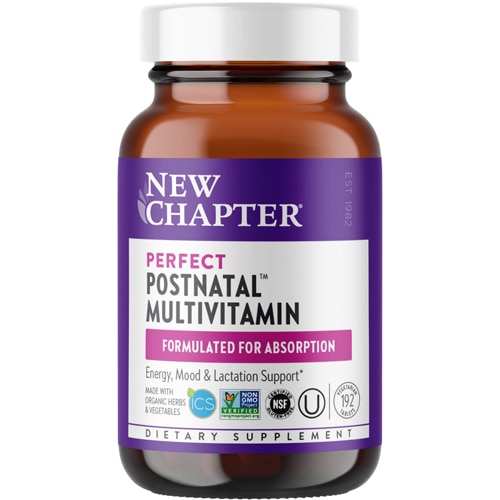If you've made it through pregnancy, labor and delivery, congratulations! Next comes the tasks of caring for your baby, and for many women this involves
breastfeeding. There is a lot of information and many stories you will likely hear and read about breastfeeding both from the media and people you interact with.

In addition, it is nearly guaranteed that you will come up with some of your own questions about breastfeeding after trying it for yourself and your baby. It is therefore important to understand some of the myths and facts about breastfeeding so that you can help keep yourself and your baby healthy and set yourself up for the best breastfeeding experience possible.
Why Breastfeed?
The
American Academy of Pediatrics recommends exclusively breastfeeding your baby for the first six months and continuing complimentary breastfeeding with solid food through the first year of life or longer.
There are many
benefits of breastfeeding. Breastfeeding:
- Boosts baby’s immune system and helps to protect them from things like ear infections, asthma, urinary tract infections, diabetes, obesity, some types of cancers, and more
- Is cost-free, always available and requires no special storage, preparation or supplies
- Supports weight loss and a quicker return to pre-pregnancy weight due to burning extra calories and promoting uterine contraction to pre-pregnancy size
- Promotes bonding between mother and baby
- Decreases maternal risk of breast and ovarian cancers
- Helps serve as a form of birth control by suppressing ovulation and return of menstrual cycle, thus protecting from pregnancy when practiced exclusively (however, it is still possible to become pregnant while breastfeeding and it should not be relied upon as the sole source of birth control)
5 Myths and Facts about Breastfeeding
- Myth #1: Pain and bleeding are normal symptoms when breastfeeding
This is one of the most common complaints about breastfeeding, so it’s understandable that many believe painful and bleeding nipples are just things you’ll have to deal with while breastfeeding. These symptoms are
common, but they are not
normal, and should not be ignored. It is normal to experience slight discomfort in the first few days of breastfeeding as your breasts adapt to the new sucking sensation and your baby learns how to properly latch. However, prolonged pain and especially bleeding can indicate that your baby may not be positioned properly and/or not have a proper latch. Make sure your baby is latching correctly to prevent
breastfeeding pain, but if you’re still struggling, reach out to a
certified lactation consultant to correct these issues. If you’re experiencing nipple discharge, color changes, or unexplained tenderness, it is a good idea to reach out to your physician for further guidance.
- Myth #2: Foods that make you gassy will make your baby gassy as well
This is also a common misconception that is not based on research. Most babies will have no problem with the foods you eat. By the time the foods you eat have been digested and used to make breast milk, any potentially upsetting elements have been broken down and shouldn't negatively affect your baby. Gassiness in a breastfeeding baby is likely the result of an immature digestive tract and/or sucking in too much air during a feeding rather than a reaction to what you eat.
However, there are some cases where a change in diet may be indicated, such as in a suspected food allergy or sensitivity in a baby. Some of the most common foods that may cause a sensitivity in babies are dairy, soy, wheat, corn, eggs and peanuts. In these instances, your baby may show signs of excessive spitting up, colic, diarrhea, rash and/or others and not gassiness alone. A good rule of thumb is to not alter your
breastfeeding diet unless you notice a problem, all other potential causes of gassiness have been ruled out, and you have been advised by a specialist to do so.
- Myth #3: All babies should follow a similar feeding schedule and duration
You will likely hear that you need to nurse your baby every two hours in the early days and increase to every three to four hours as they grow older. While these are good guidelines, they are not exact rules to follow. A baby’s eating patterns are highly individualized and change over time. It is more important to pay attention to your baby’s feeding signals, growth progress and diaper count to determine how often you should be nursing rather than the time on the clock.
In addition, it is common to hear that your baby needs to nurse for a specific amount of minutes per side. However, this is also not completely true. A baby being on the breast doesn’t automatically mean they will be taking in milk, so how much milk they are actually drinking, and not just the number of minutes matters most. Babies can take in more or less milk per minute based on things like how full the breast is, how quickly they suck, their age, alertness level and how well of a latch they have.
- Myth #4: Prenatal vitamins are the best supplement in the postpartum period
Prenatal vitamins are essential both before and during pregnancy to help ensure your body and growing baby received what they needed to develop properly. What most women don’t realize, though, is that vitamins are very important to continue taking in the
postpartum period as well, especially when breastfeeding. Nutrient needs continue to be much higher during lactation, and there are specialized
postnatal vitamins that are designed to help meet these
increased needs. Postnatal vitamins are typically higher in vitamins A, C, D, K, B vitamins and the minerals magnesium and calcium, and also typically contain specific herbs to help support milk supply. So while it's not wasted effort to continue taking prenatal vitamins while breastfeeding, postnatal vitamins may help better support your needs during this specialized time.
In addition, it’s also important to continue following your
pregnancy meal plan for optimal health.
- Myth #5: The size of your breasts determines how much milk your body can make
Research shows that how small or large your breasts are is no indication of how much milk your body produces. The breast tissue you need to nurse your baby develops during and after pregnancy regardless of breast size. There are many other factors that can play a role in milk supply, so if you’re concerned about yours, consider reaching out to a certified lactation consultant.
In addition to each of the above myths, perhaps one of the worst things you can believe is that you’re a bad mother if you don’t breastfeed. This could not be further from the truth. Deciding not to breastfeed, or being unable to do so, is no indication that you’re unfit as a mother. With your love and care, your baby can thrive off of breastmilk, formula or a combination of the two.
In summary
Breastfeeding is one of the most unique and natural experiences that you as a mother can experience, and it comes with many benefits for both you and your baby. By understanding the truths behind these common breastfeeding myths, you can help ensure a more positive breastfeeding experience.
Do you have more post-pregnancy questions? Read about the vital ways to give yourself optimal
postpartum care.
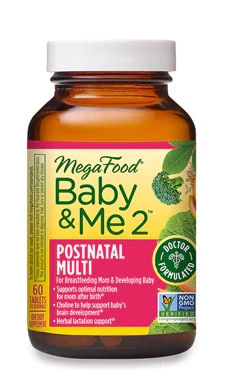
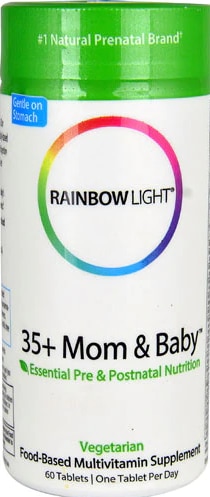
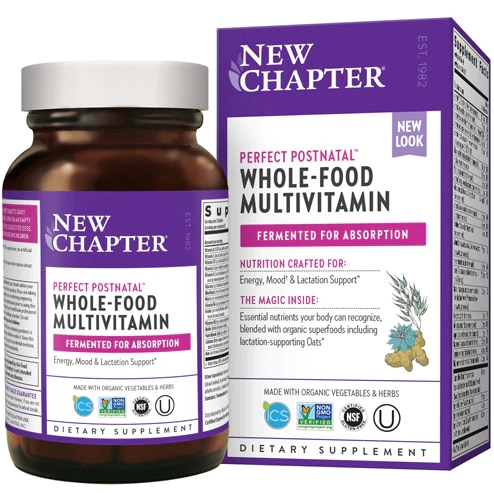
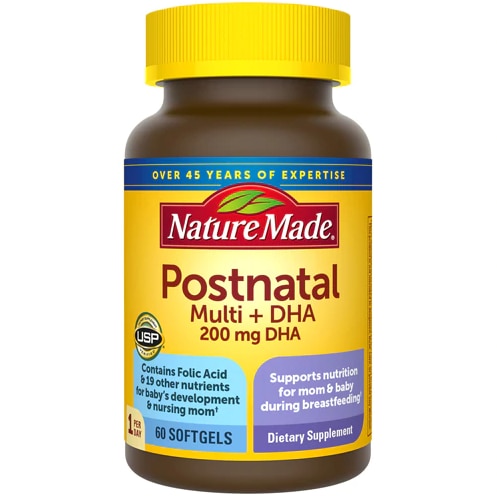
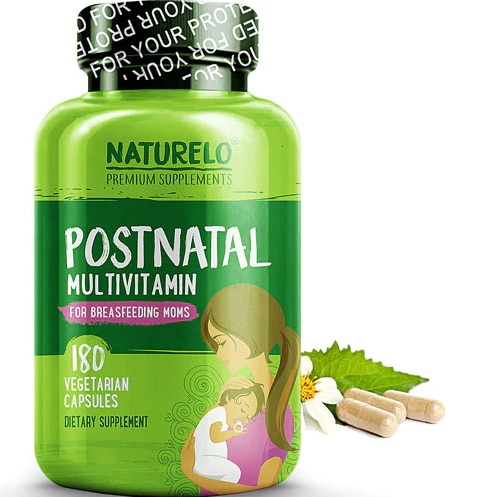
 In addition, it is nearly guaranteed that you will come up with some of your own questions about breastfeeding after trying it for yourself and your baby. It is therefore important to understand some of the myths and facts about breastfeeding so that you can help keep yourself and your baby healthy and set yourself up for the best breastfeeding experience possible.
In addition, it is nearly guaranteed that you will come up with some of your own questions about breastfeeding after trying it for yourself and your baby. It is therefore important to understand some of the myths and facts about breastfeeding so that you can help keep yourself and your baby healthy and set yourself up for the best breastfeeding experience possible.








